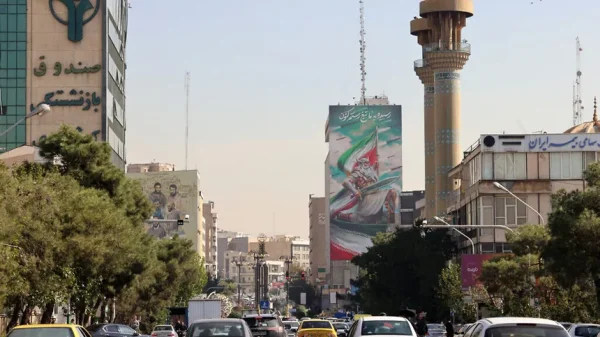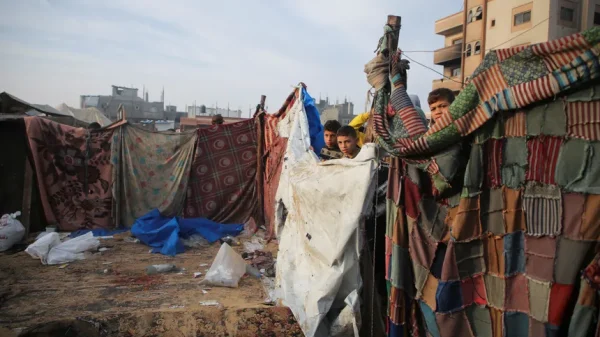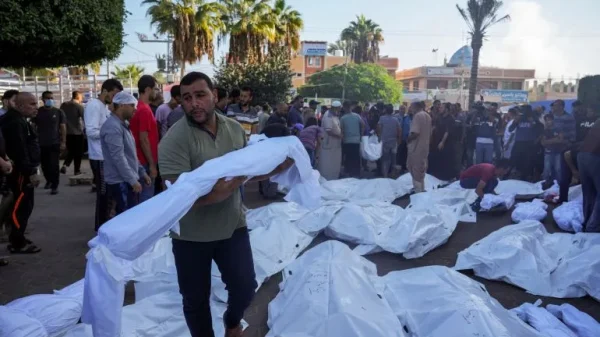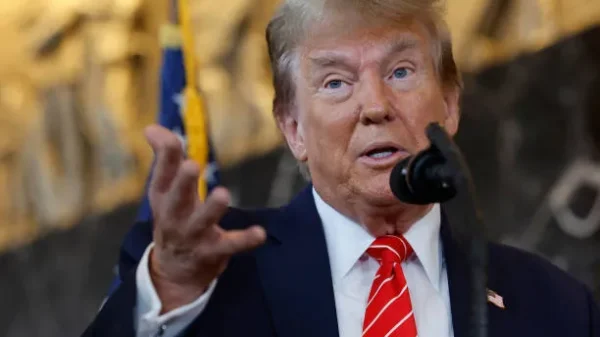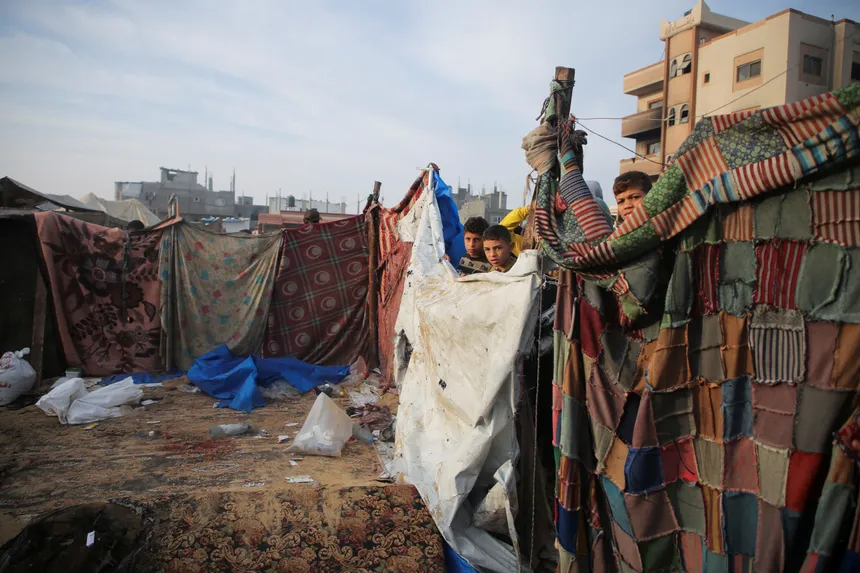The situation in the Middle East has taken a dramatic turn after Israel launched airstrikes against Iran, prompting a strong reaction from the Iranian government. In a letter to the United Nations Security Council, Iranian Foreign Minister Abbas Araghchi requested an emergency meeting to address the recent attacks, which he accused Israel of using to breach international law and violate Iran’s sovereignty and territorial integrity. Araghchi emphasized that Iran has the right to respond to Israel’s aggression “at the appropriate time”, warning that it will not hesitate to defend itself against any act of aggression.
Israel’s UN ambassador, Danny Danon, responded by calling Iran’s request a “desperate attempt to harm Israel”, and vowed that his country will continue to defend itself against any threats. Danon stressed that the Israeli airstrikes were carried out in response to an Iranian attack on October 1, which saw at least 180 missiles launched into Israel. He warned that any further Iranian military action will be met with “swift and decisive” consequences.
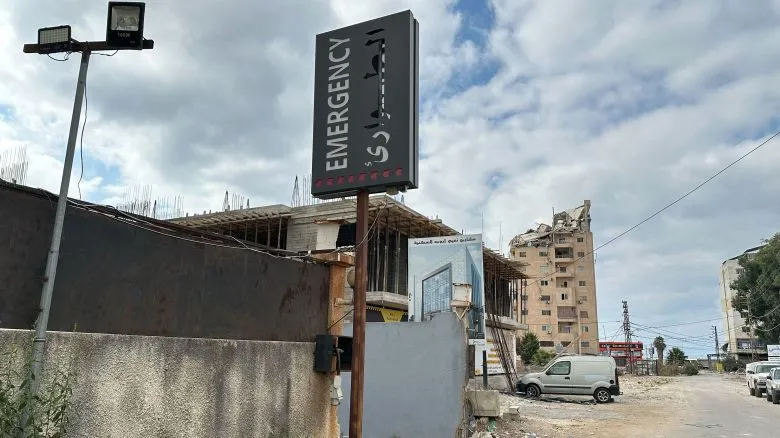
Israel’s Aggression Sparks Tensions in the Middle East (Image via Getty)
The situation is further complicated by the involvement of the United States, which has been providing technical expertise and advanced military equipment to Israel. In response, Iran has warned that the US will “bear its consequences” for its complicity in Israel’s attacks. The Iranian ambassador to the UN, Amir Saeid Iravani, accused the US of being “complicit” in Israel’s aggression and urged the international community to take a strong stance against Israeli attacks.
The recent escalation in tensions between Israel and Iran is a major concern for regional stability, and the international community is watching the situation closely. Fears are growing that further conflict between the two countries could have far-reaching consequences, not only for the Middle East but also for global security.








